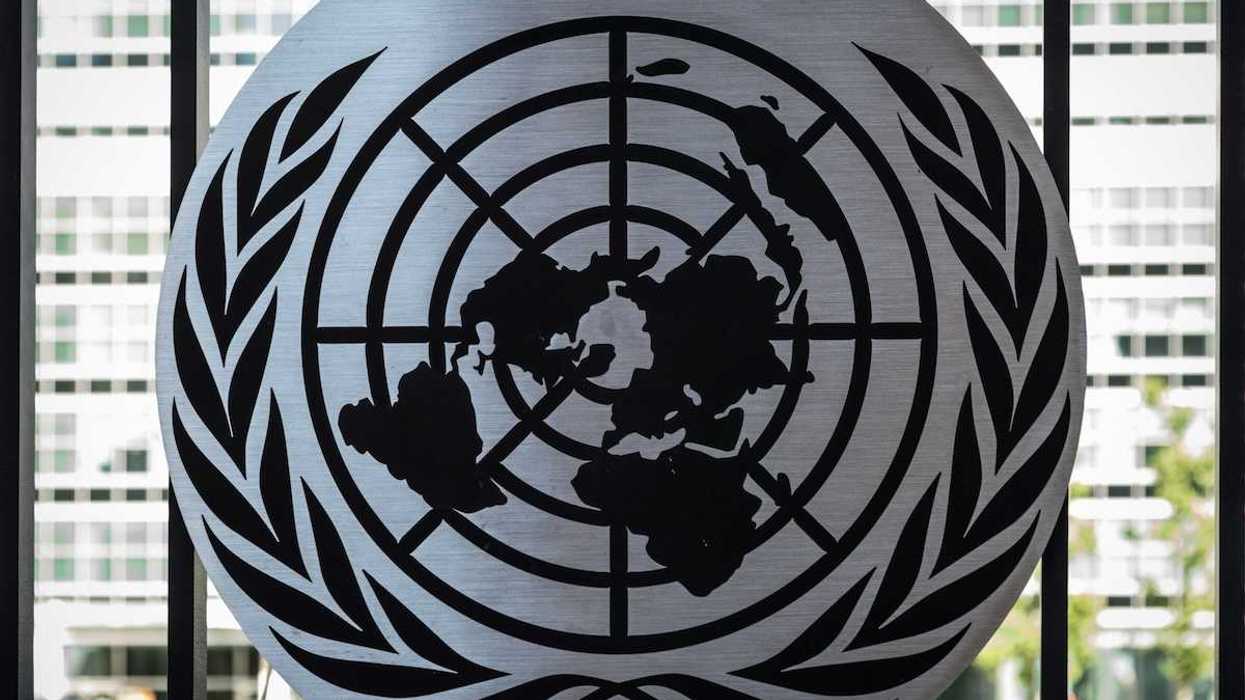Satellite data shows industrial pig farms in North Carolina release high levels of ammonia, disproportionately affecting Indigenous, Black and Latino communities.
In short:
- A study using satellite data found ammonia levels were significantly higher in North Carolina communities of color near large pig farms.
- Ammonia, a byproduct of animal waste, can cause respiratory issues and other health problems, yet it is not regularly monitored by state or federal agencies.
- Researchers say regulatory agencies have failed to track this pollution, leaving affected communities with little recourse.
Key quote:
"I think part of the question is, why do we have a black hole over eastern North Carolina in terms of ammonia?"
— Chris Brown, director of research and education at North Carolina Environmental Justice Network
Why this matters:
Ammonia pollution, an often-overlooked consequence of large-scale factory farming, poses a serious threat to both air quality and public health. Ammonia is released in significant quantities from the massive amounts of animal waste generated at these industrial facilities. Once in the atmosphere, it reacts with other pollutants to form fine particulate matter, which can penetrate deep into the lungs and cause respiratory and cardiovascular issues. Communities located near factory farms — disproportionately low-income and marginalized — bear the brunt of this pollution.
Related EHN coverage: In North Carolina, hog waste pollution a familiar result. Will things ever change?














